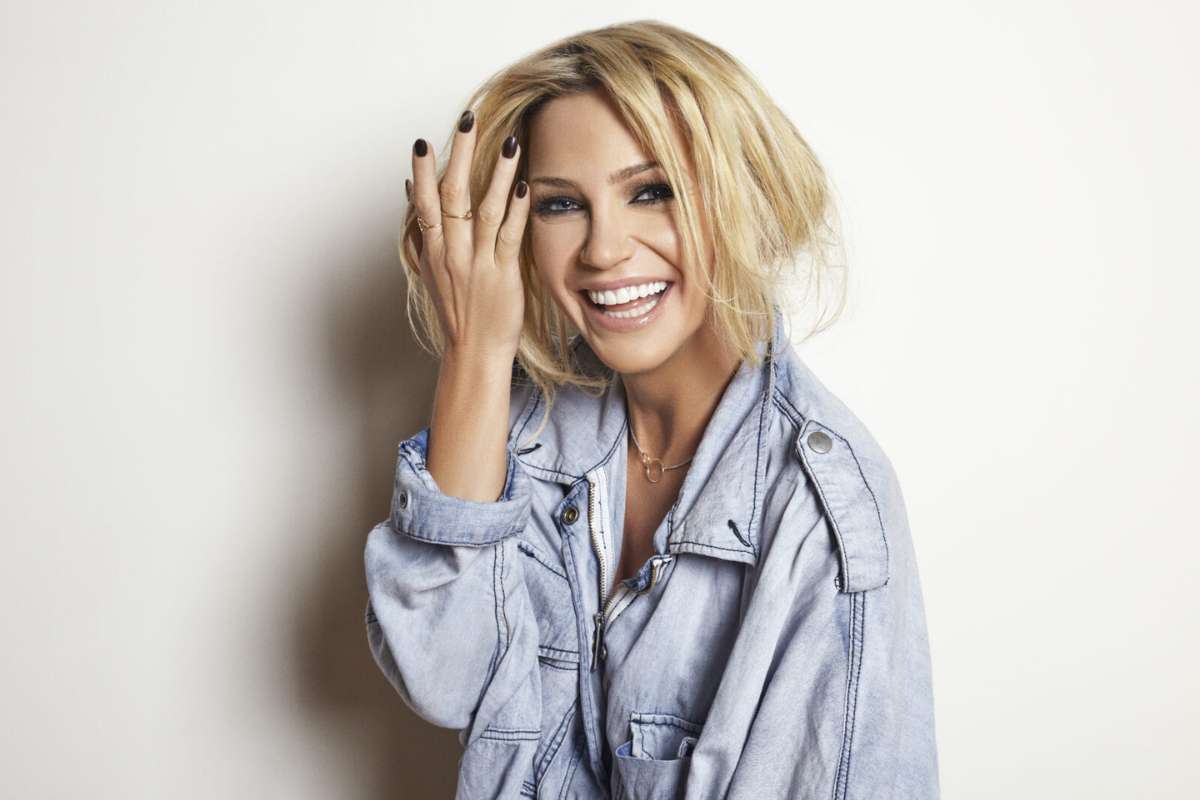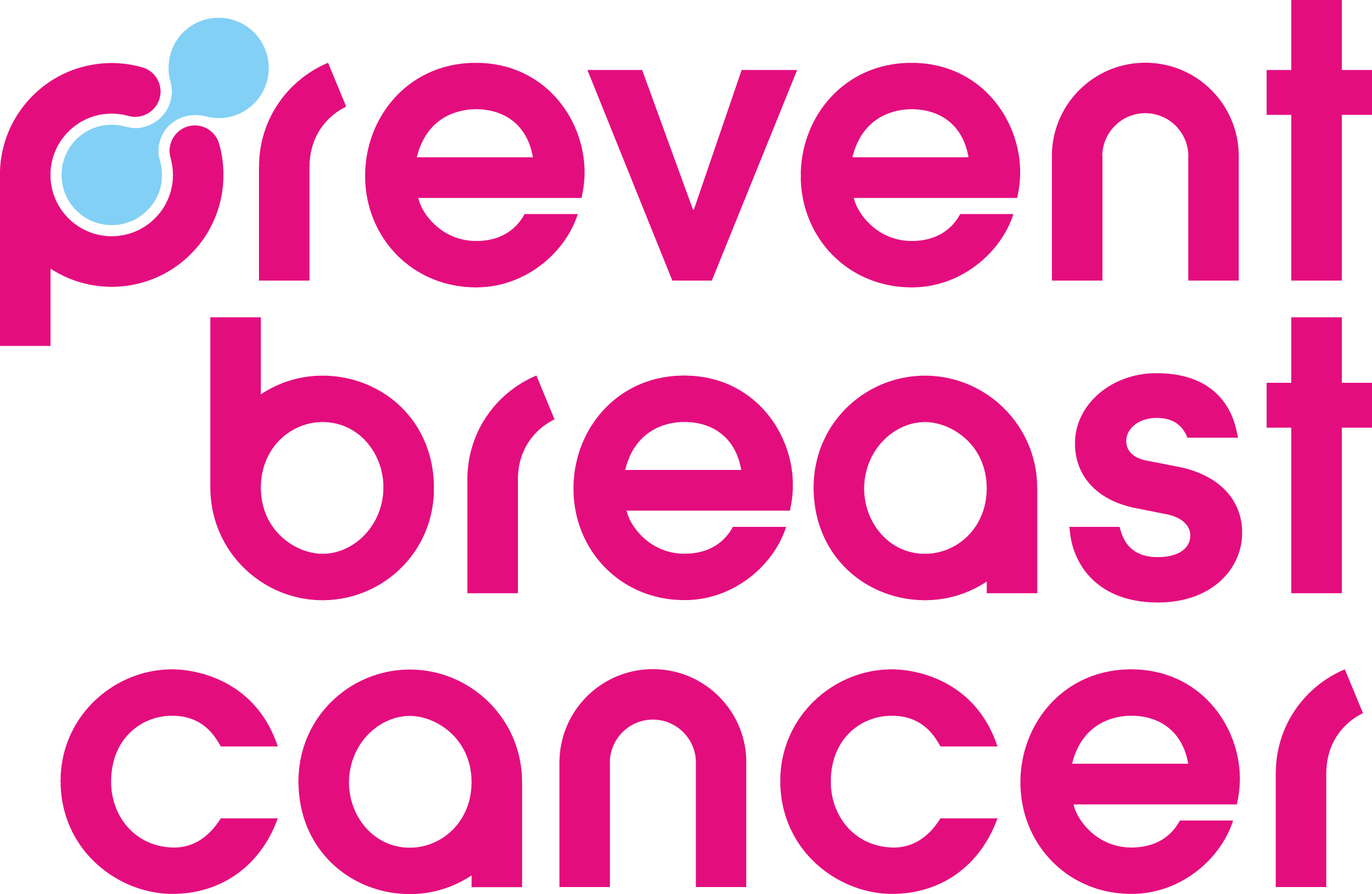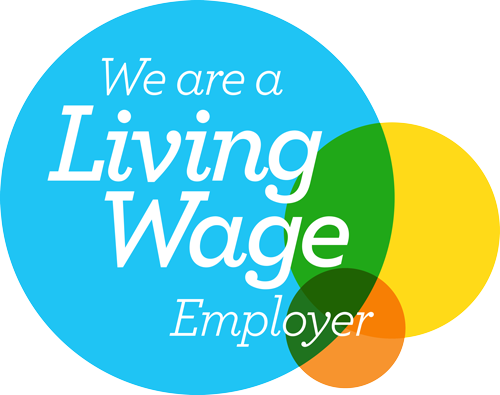A new breast cancer research project in memory of Girls Aloud singer Sarah Harding will look for early signs of the disease in women in their thirties.
Sarah sadly died of the condition in 2021 age 39. One of her final wishes was to find new ways of detecting breast cancer early, when treatment is more likely to be successful.
Funded by the Christie Charity, Cancer Research UK and the Sarah Harding Breast Cancer Appeal, the BCAN-RAY (Breast Cancer Risk Assessment in Young Women) project will become one of the first in the world to identify which women are at risk of getting the disease in their thirties.
The study’s findings could be used to give all women a breast cancer risk assessment when they reach the age of 30. Those deemed as high risk could then be given access to early screening.
The BCAN-RAY study is being led by Sarah’s consultant and Prevent Breast Cancer expert Dr Sacha Howell, building on his existing research into risk prediction funded by Prevent Breast Cancer.
Speaking to Prevent Breast Cancer about the research on younger women in 2021, Sacha said:
“What most women who develop breast cancer don’t have is a family history. So what we’re trying to do is identify women who are at an increased risk by taking a questionnaire for the risk factors, looking at a low dose mammogram to assess breast density as safely as possible, and we’re taking a saliva sample for the Polygenic Risk Score.”
At Prevent Breast Cancer, supporting research into knowing who is at risk is vital.
Our PROCAS (Predicting the Risk of Cancer at Screening) study aims to predict a woman’s individual risk of breast cancer at the time of her mammogram. Risk is calculated based on breast density, family history and lifestyle.
Those found to be at higher risk will be provided with advice and support and where appropriate, offered options including more frequent mammograms, preventative drugs and surgery.
We are empowered to see such positive developments of our research in this new study. The findings will allow us to better predict those at risk and help prevent breast cancer for future generations.
Catherine Craven-Howe, 33, from Hale in south Manchester, was the first person to take part in the BCAN-RAY study.
Speaking with ITV news, she said: “Although I don’t have breast cancer myself and I don’t have a history of it in my family, I know just how important clinical trials and research are.”
Eight to ten weeks after her appointment, Catherine will receive feedback about her risk of breast cancer.
Commenting on the new research, Co-founder and Honorary President of Prevent Breast Cancer, Lester Barr MBE said:
“We must do something to stop young women in their thirties and forties from developing breast cancer. One of the keys to this is a new type of gene testing which works even when there is no history of breast cancer in your family. It is called SNPs testing (pronounced ‘snips’). The combination of ‘snips’ testing, low dose mammogram, and lifestyle analysis can predict young women at risk. When you read the details of the BCAN-RAY study, you are looking at how we believe breast cancer screening and prevention should look in the future”
The study is headed by Dr Sacha Howell, one of the scientific directors of Prevent Breast Cancer – please note that you can only enter the study if you are randomly selected and invited; it is not possible to volunteer. Find out more about the BCAN-RAY project.
About Prevent Breast Cancer
Prevent Breast Cancer is the only UK charity entirely dedicated to the prediction and prevention of breast cancer – we’re committed to freeing the world from the disease altogether. Unlike many cancer charities, we’re focused on preventing, rather than curing. Promoting early diagnosis, screening and lifestyle changes, we believe we can stop the problem before it starts. And being situated at the only breast cancer prevention centre in the UK, we’re right at the front-line in the fight against the disease. Join us today and help us create a future free from breast cancer. If you have any questions or concerns, email us today.




